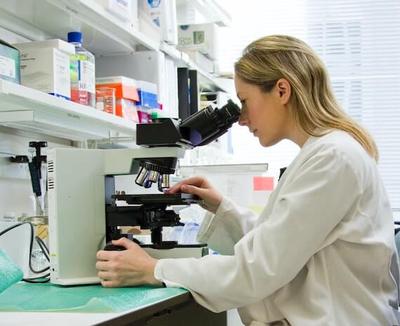Automated question type coding of forensic interviews
This Fall 2023 Automated question type coding of forensic addressed the problem of labor-intensive process of question type coding in forensic interviews. It uses data about question types in real forensic interviews, providing crucial insights for automated coding. Our work focuses on innovative approach using RoBERTa to automate question type coding, optimizing efficiency and accuracy. Our initial results indicate significant advancements, promising efficiency gains in automated question type coding.
Optional: This project builds on the work of a [previous DataFirst project|link to another project from a previous semester].
Our data science project endeavors to tackle [Automated question type coding of forensic interviews]. Our motivation to address this problem stems from [the potential to streamline and improve forensic interviews. The introduction of automated coding, leveraging RoBERTa, promises efficiency gains and a departure from reliance on mock interviews. This innovative approach aligns with the broader goal of providing swift, reliable measures of testimonial quality, contributing to a nuanced understanding of interview dynamics in the field].
